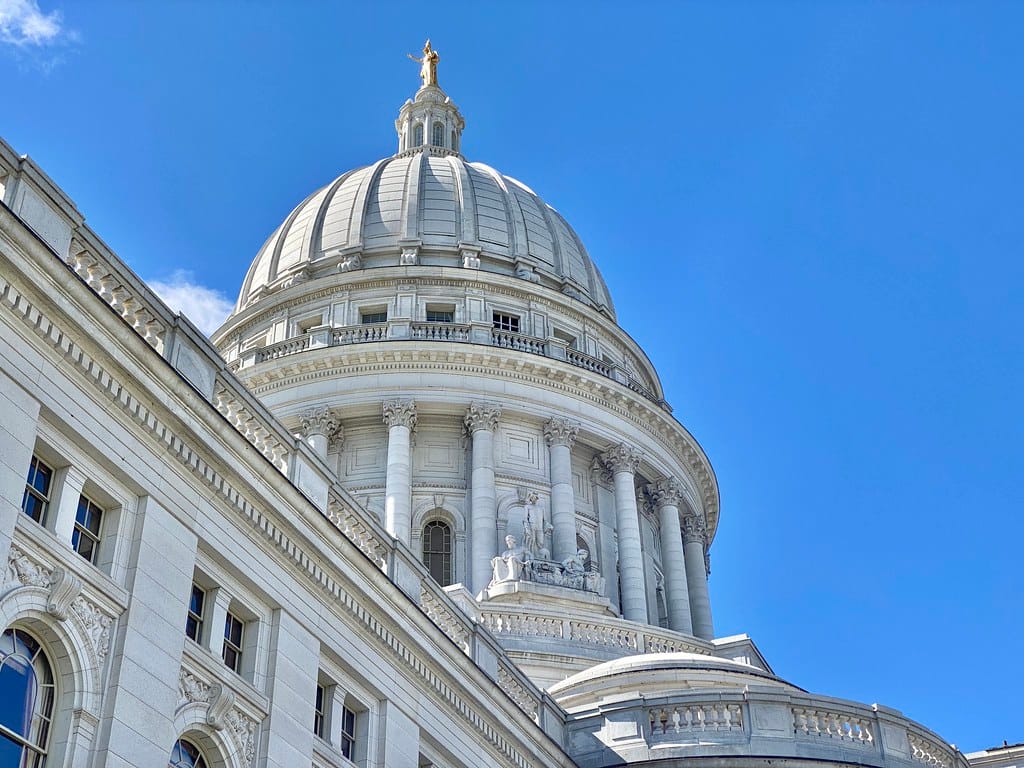Wisconsin Committee Advances Bill for State Tax Exemption on Broadband Grants
A similar bill seeking to exempt BEAD from state income taxes recently received near unanimous approval in the Georgia House.

WASHINGTON, March 15, 2024 – The Wisconsin House Committee on Ways and Means recommended the adoption of an amendment Wednesday to a bill that would exempt state and federal broadband grants from state income and corporate franchise taxes.
If attached to Assembly Bill 272, the amendment would create a similar income tax exemption for broadband expansion grants.

It would broaden the definition of qualifying grants to include those issued by the state, federal government, tribal governments within Wisconsin, as well as cities, villages, towns, counties, and their authorized representatives.
The amendment would also expand the state tax exemption to include broadband expansion funding received from a high-cost program established by the Federal Communication Commission under the Universal Service Fund.
According to projections from the Wisconsin Department of Revenue, the bill’s provisions are expected to decrease state tax collections by approximately $25.3 million in Fiscal Year 2024 and $45.8 million in Fiscal Year 2025.
The push to amend the bill comes as broadband experts, industry groups, and federal legislators assert that taxing federal broadband grants could impede nationwide efforts to deploy essential broadband infrastructure and would contradict the objectives of the Broadband, Equity, Access, and Deployment program.
A similar bill seeking to exempt BEAD from state income taxes recently received near unanimous approval in the Georgia House and proceeded to its second reading in the Senate on Thursday.
Estimates suggest that around 21 percent of federal broadband grants allocated under the Bipartisan Infrastructure Law will circle back to federal and state governments in the form of taxes.
Wisconsin, poised to receive $1.06 billion from BEAD, is working to ensure more effective utilization of the allocated funds and alleviate financial burdens that could complicate project financing of broadband expansion initiatives.
A.B. 272 boasts sponsorship from 33 state legislators, comprising 31 Republicans and 2 Democrats. Allocations from the coronavirus relief fund are already exempt from state income tax under existing legislation in Wisconsin.
Efforts to reinstate federal tax exemption for broadband grants
Since the IRS lost its authority to make federal broadband grants non-taxable in 2018 with the Trump Tax Cuts and Jobs Act, there has been a push to reinstate this exemption on the federal level from large and small providers, industry groups, government and public interest groups, alike.
Legislation that would amend the Internal Revenue Code to ensure that funding for broadband deployment from BEAD would not be considered taxable income was introduced last year, during the current 118th Congress. The leading legislation by Sen. Mark Warner, D-Virginia, the Broadband Grant Tax Treatment Act, has largely failed to gain traction.
Industry groups INCOMPAS, the fixed wireless association WISPA, and the rural broadband association NTCA wrote to Senate Finance Committee and House Ways and Means Committee leaders last month, urging them to include a provision in any upcoming tax package that would mark federal broadband grants as non-taxable.











